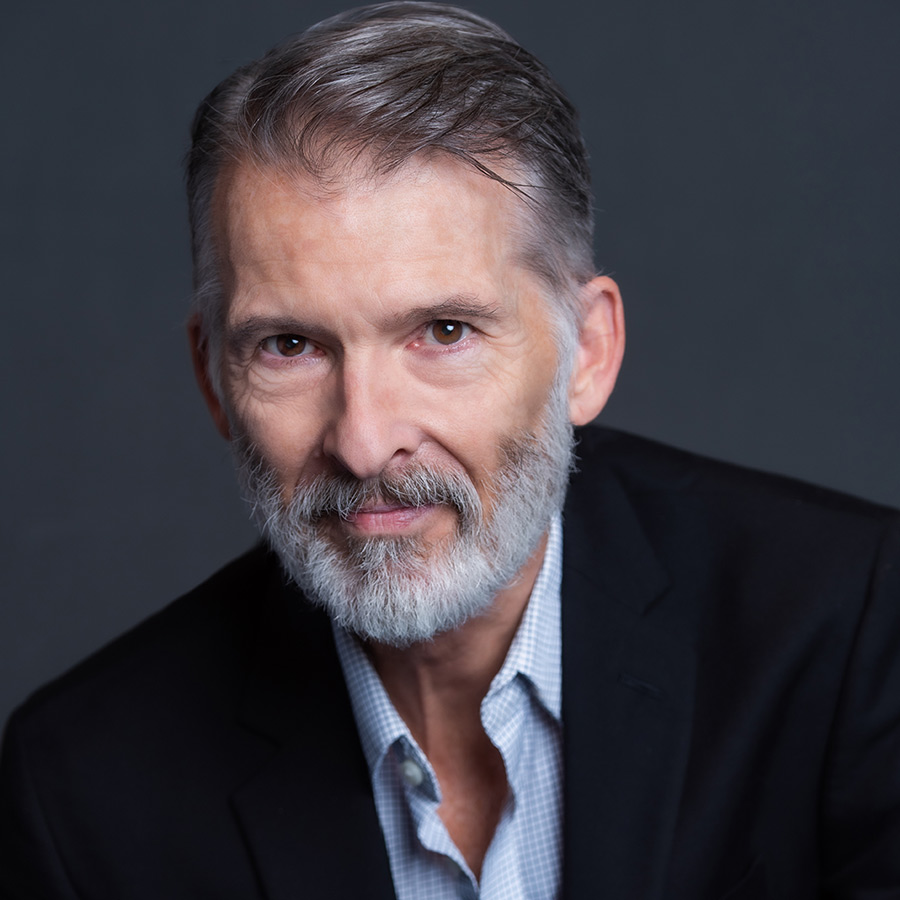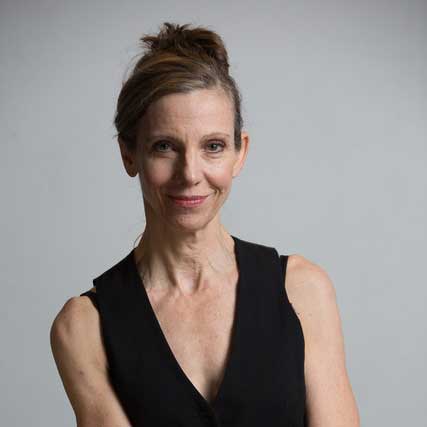Training, Practice & Making with Ellen Lauren and Will Bond

Description
Ellen Lauren and Will Bond return to the Ladder Company to offer a week-long all day intensive experience based upon the physical and creative practices they innovated with SITI Company over 30 years of collaboration and productivity. The work includes rigorous physical training, somatic practices, and creative problem-solving. The work is based upon the discoveries of pioneering theater makers Tadashi Suzuki, Anne Bogart, Mary Overlie, and Wendell Beavers, along with our own SITI Company colleagues. Whereas this work is situated from the point of view of theater makers, it is valuable to performers and makers of all forms and traditions. The sources of the materials come from investigations and practices in visual art making, music, choreography, contemplative dance practice, somatic movement practice, and composition theory. The language of the workshop is English.
Schedule
23rd-28th of October, Jurányi House (Budapest)
Everyday schedule:9:00 a.m. the space is open for individual body time and warm up.
28th October is the final work day of training and practice with an “open house” for the public and participants to practice and share questions and insights.
The trainers will provide texts for both the morning “training” work and the afternoon “making” work also. There will not be required rehearsals besides the workshop’s schedule.
Additional programs:
The Viewpoints training
Originally developed by the remarkable late artist Mary Overlie, the Viewpoints is a philosophy of improvisation that grew out of the postmodern dance and performing art world. Through deep personal research and practice, Ms. Overlie discovered what came to be understood as six essential “materials” of deconstructed theater – The Six Viewpoints. Working directly with these materials, the theater artist begins to learn ways of entering performance practice unique to their own intelligence and curiosity (www.sixviewpoints.com). SITI Company (www.siti.org) has continued to research and practice, and adapt these notions. The language of the Viewpoints allows artists to create together spontaneously and intuitively. It fosters a sense of ensemble, as well as deepens the individual’s sensitivity while onstage. The practice of the Viewpoints develops an artist’s awareness and articulation in how to read what is being made in the process of making. It is a practice in perception and appropriate response, strengthening an artist’s emotional, intellectual, and physical flexibility.
The Composition work
Composition is the study of creating original theatre works very quickly in accordance with a set of parameters and requirements. The objective is to work with fundamental principles of collaborative theatre making and performance within a very short time-frame. It is a way of generating images and theatrical ideas and testing possible approaches to a play or concept. Each composition class centers on a theme or specific text, exploring the contemporary possibilities and historical problems of existing material. Composition is a practice in the art of devising and the creation of original work.
It is also a way of putting the Viewpoints study into immediate practice. Artists are given a chance to apply the skills and vocabulary learned in the daily training to the demands of rehearsal and theater making.

Will Bond is a founding member of SITI Company. Credits include Scrooge in CHRISTMAS CAROL (Bard Fisher Center '22), FALLING & LOVING with Elizabeth Streb & SITI, A Rite (featured performer with Bill T Jones/Arnie Zane Dance), Chess Match #5, Radio Macbeth, Who Do You Think You Are, Death and the Ploughman, Persians, Bacchae, Antigone, bobrauschenbergamerica, systems/layers, War of the Worlds, Cabin Pressure, The Medium, Culture of Desire, Orestes, Seven Deadly Sins, Lilith at New York City Opera, Lost in the Stars, BOB (drama desk award nomination).
In NY: Abingdon Theater, NY Live Arts, New York Theatre Workshop, Classic Stage Co, Miller, PS 122, Public, Joyce Theater, Brooklyn Academy of Music BAM.
Regional works include:
Wicked Bodies with Liz Lerman at Jacob's Pillow & Yerba Buena Arts Center;
The Lover, A Slight Ache, MacBeth, and Creditors at Actors Theater of Louisville; Persephone with Robert Wilson, Dionysus and Tale of Lear with Suzuki Tadashi; Baltimore Waltz, Hypochondriac, Greater Tuna, Nuts at City Theatre, PGH.
ART Cambridge, Getty Villa, Portland Stage, Walker Arts, Wexner Center, Magic Theater, Court Theatre, Actors Theatre of Louisville, Guthrie Theater.
Festivals include Toga International Arts Festival, Japan, Peak Performances, Bonn, Irish Life, GIFT, Yerba Buena, Iberoamericano Bogotá, Teatro Valle-Inclan - Madrid, BAM Next Wave, Humana, Bobigny, Melbourne, Edinburgh, Singapore.
WIll has been a guest artist and trained for many years in Toga, Japan with Suzuki Tadashi and SCOT where he also participated in two master class sessions of the Suzuki Method of Actor Training. He has also trained and taught with Wendell Beavers and Mary Overlie who first outlined the Viewpoints work.
Representative guest faculty includes: RSC - Stratford, Mito Theater - Tadashi Suzuki,
Soif Company - Paris, Methodi Festival, Italy, Ladder Arts - Hungary,
Maastricht Academy, UCLos Angeles, Columbia University NY, Prairie Theatre Exchange, and Windsor College.
He was Senior Artist in Residence at Skidmore College from 2004 - 2019.
He is published in the edited volumes Movement for Actors and The Routledge Companion to Stanislavski by Routledge Press.

Ms Lauren is a SITI Company founding member and co-artistic director with Anne Bogart, for over three decades, based in New York. As a member of the acting company, she toured nationally and internationally in over 45 productions to 21 different countries, and hundreds of venues in the US. Festival appearances include multiple years at BAM’s Next Wave, Singapore Festival, Exit 95Paris, Melbourne, Irish Life, Bonn Festival Germany, Toga International Arts in Japan, Israeli Arts, and Humana Festival to name a few. She was also responsible for helping design, teach and administrate SITI’s national and international training programs, residencies, Skidmore Summer Intensive, and designed SITI’s 9-month Conservatory program held in New York City. Most recently she performed at La Mama NYC in Marie Irene Fornés’ Evelyn Brown; A Diary in the first revival since its premiere in 1980.
Ms Lauren is also an ongoing company member of the Japan based Suzuki Company of Toga (SCOT) under the direction of Tadashi Suzuki since 1990. As an actor she has toured extensively with SCOT throughout Japan as well as around the world including performances at Royal Shakespeare Company, Gubei Watertown Festival China, Harbor Festival Toronto, Art Carnuntum Vienna, Montpelier France, Teatro Olympico, Teatro Asti, Delphic Stadium, Herod Atticus Athens, Moscow Art Theatre, Japan Society NYC, Kitchijoji Theatre, and Alexandrinsky in St Petersburgh, to name a few. On behalf of SCOT she has taught in venues and academies around the world for over 35 years, as well as teaching the renowned SCOT Summer Training Camp in Toga, Japan, SCOT’s home base, since 2006.
Ms Lauren has been on the faculty of the Juilliard School of Drama for the last 24 years. She has directed extensively at Juilliard, most recently the Oresteia with Group 54. She is also ongoing faculty at San Diego University. She taught and directed at UCLA’s MFA program where she also served as guest faculty. Additional guest faculty positions include Center for Performance Practice in Dubrovnik, Teatro Activa Milan, TEAC in Helsinki, Carlos Universidad Madrid, Maastricht Academy, Royal Shakespeare Co., R.Evolución Latina, Western Michigan University, San Diego University, Windsor, Columbia, Fordham University and to name a few.
She was the first recipient of the TCG Fox Fellowship for Distinguished Achievement. In 2018 Scott Cummings released a chapter in his book, Actors’ Actors published by Palgrave MacMillan about Ms. Lauren’s career and practice. She is published in American Theater Magazine (In Search of Stillness) and is currently working on her book, The Invisible Body.
This will be Ms Lauren’s second visit to teach for Ladder Arts.